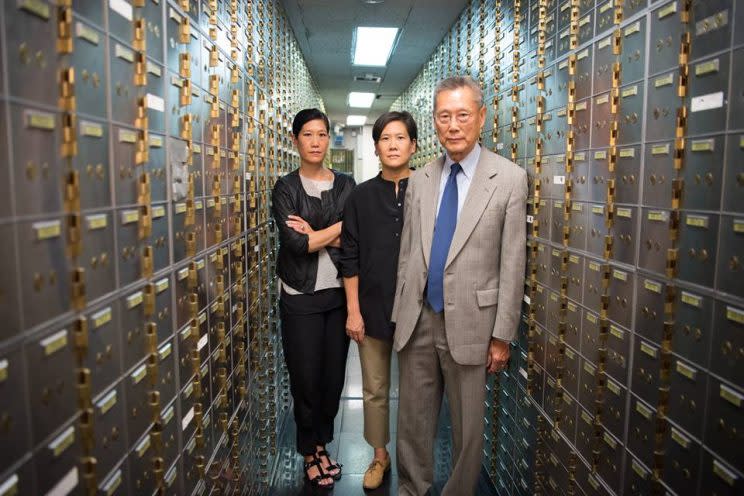The one bank that was criminally prosecuted for the financial crisis — and what its trial says about justice in the U.S.
Nearly a decade on from the 2008 financial crisis, one of the most striking things about the aftermath is that not a single banker went to jail as a result.
However, one bank did face criminal prosecution—but when people learn its story, the tale is less likely to restore faith in the justice system than shake it, says filmmaker Steve James.
James, the documentarian behind the 1994 hit “Hoop Dreams,” releases his latest work this week, “Abacus: Small Enough to Jail,” about the case brought by powerful Manhattan District Attorney Cyrus Vance in May 2012 against Abacus Bank, a small bank serving the immigrant community in and around New York City’s Chinatown.
“At its heart, this is a story about an unequal application of justice,” James told Yahoo Finance.
Abacus, which at the time was the 2,651st largest bank in the country, is a family-run bank with six local branches and assets under $300 million.
Vance accused Abacus of “a systematic and pervasive mortgage fraud scheme” that involved bad loans being sold to Fannie Mae, the government-sponsored enterprise that turns such loans into mortgage-backed securities.
However, the fraud was uncovered by the bank itself, which fired the employees involved, reported it to regulators and cooperated by providing over 900,000 pages of documents.
The film raises the question of whether Vance’s prosecution was motivated more by politics than the pursuit of justice. If victorious, Vance would’ve been the first to obtain a conviction related to the financial crisis and score it against a traditionally politically quiet community, and thus wouldn’t exact a price against the elected district attorney for his actions.
One of the more stunning spectacles in the film is the footage of more than a dozen bank employees paraded in front of television cameras, handcuffed and chained together in what journalist Matt Taibbi calls in the film, “this almost Stalinist looking chain gang.” None of the employees was convicted.
“What was especially interesting was the way the DA pursued the public relations aspect of this prosecution,” he says.
To be fair, James speaks to Vance himself, who predictably defends his action as a straightforward pursuit of wrongdoing. James also recognizes that the clients of Abacus primarily operate in a cash economy and come from a culture whose record-keeping practices may have made it more of a target for prosecution.
But James is as much a storyteller as a social crusader. He finds a captivating vehicle for his tale in the family that owns the bank. They’re “quite entertaining,” he says.
The bank’s founder, Thomas Sung, came over from China in his teens, became a successful lawyer and started the bank as a way to give back to his community. His flinty but avuncular presence counterbalances that of his four accomplished daughters, two of whom, Vera and Jill, run the bank and play major roles in the court battle.

A third, Chanterelle, joins the fight midway through her family’s five-year ordeal, abandoning a budding legal career as a prosecutor with the office of Manhattan District Attorney Cyrus Vance himself.
“This is a story about a family that believed so much in their innocence that they refused to buckle and plead guilty and they fought,” James says.
Abacus: Small Enough to Jail opens in theaters on May 19.
